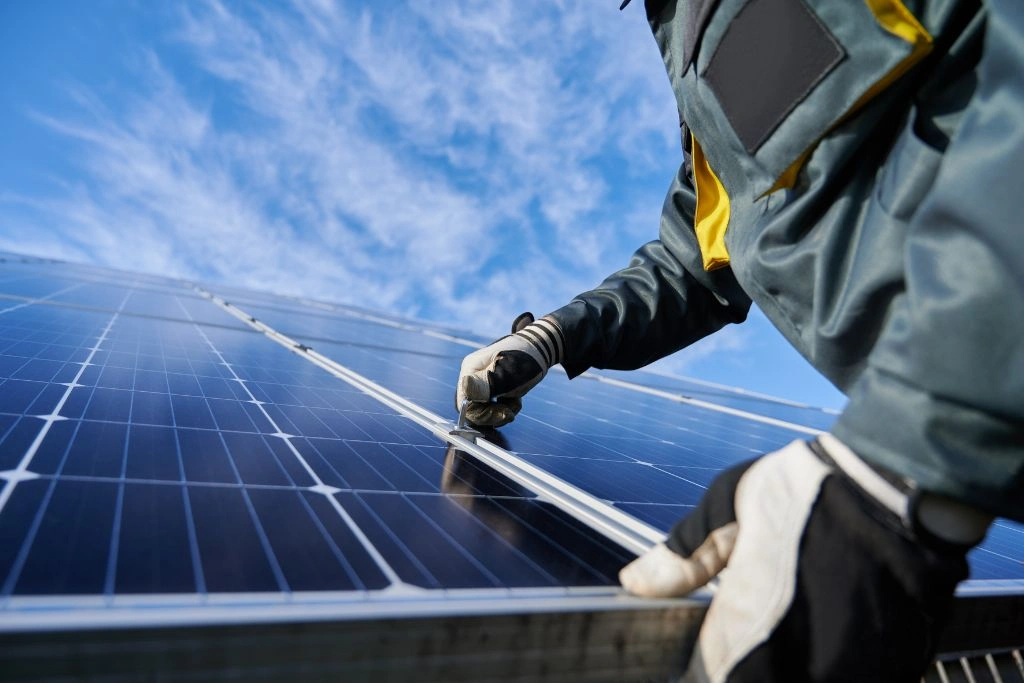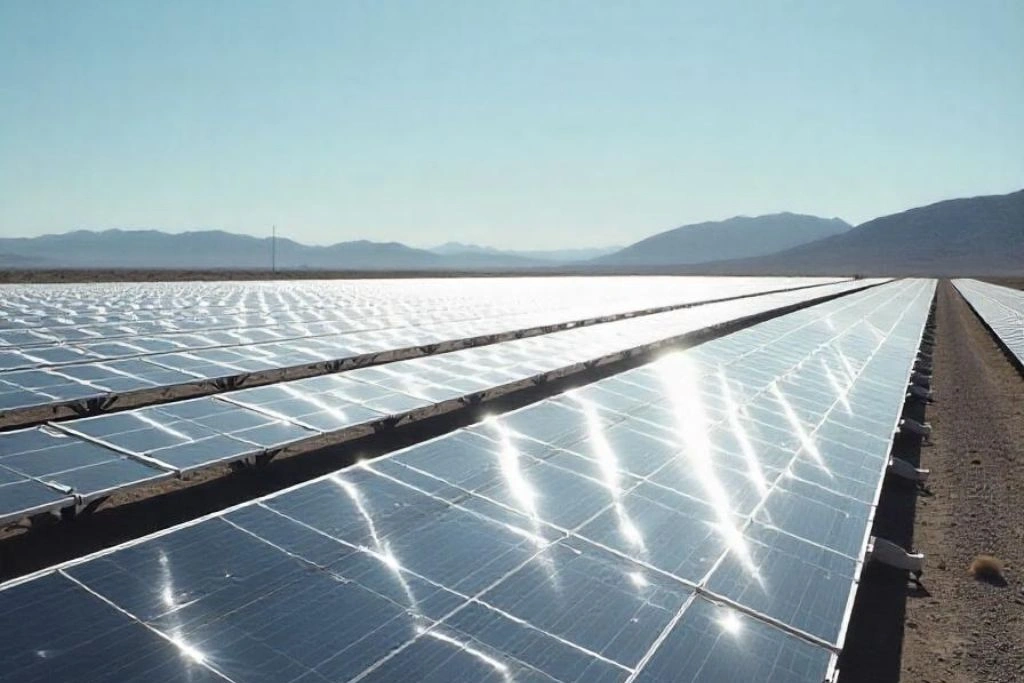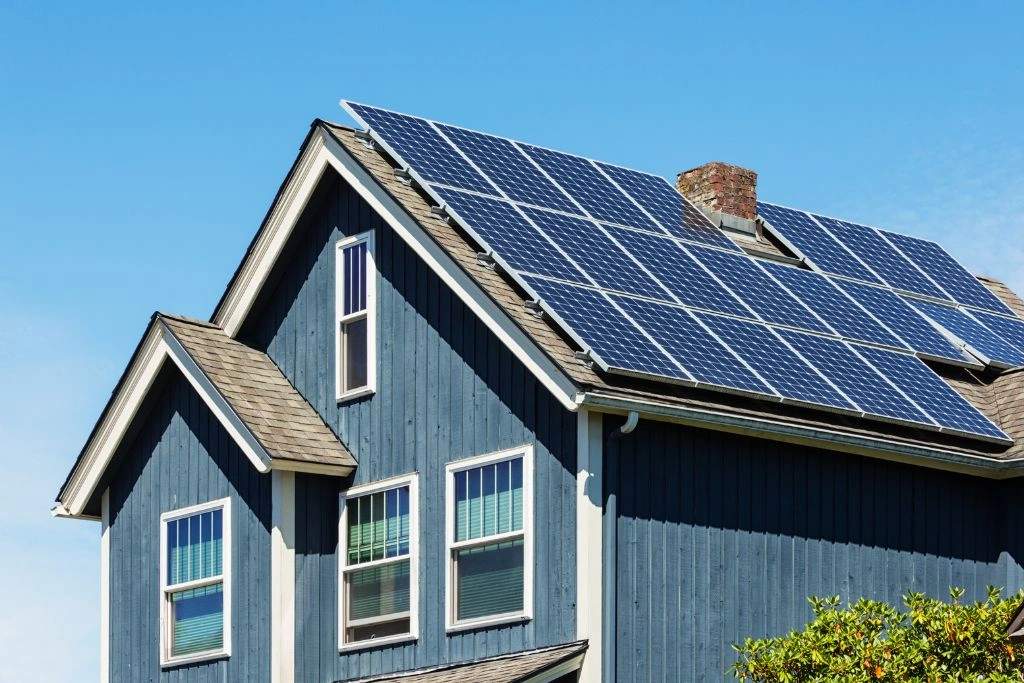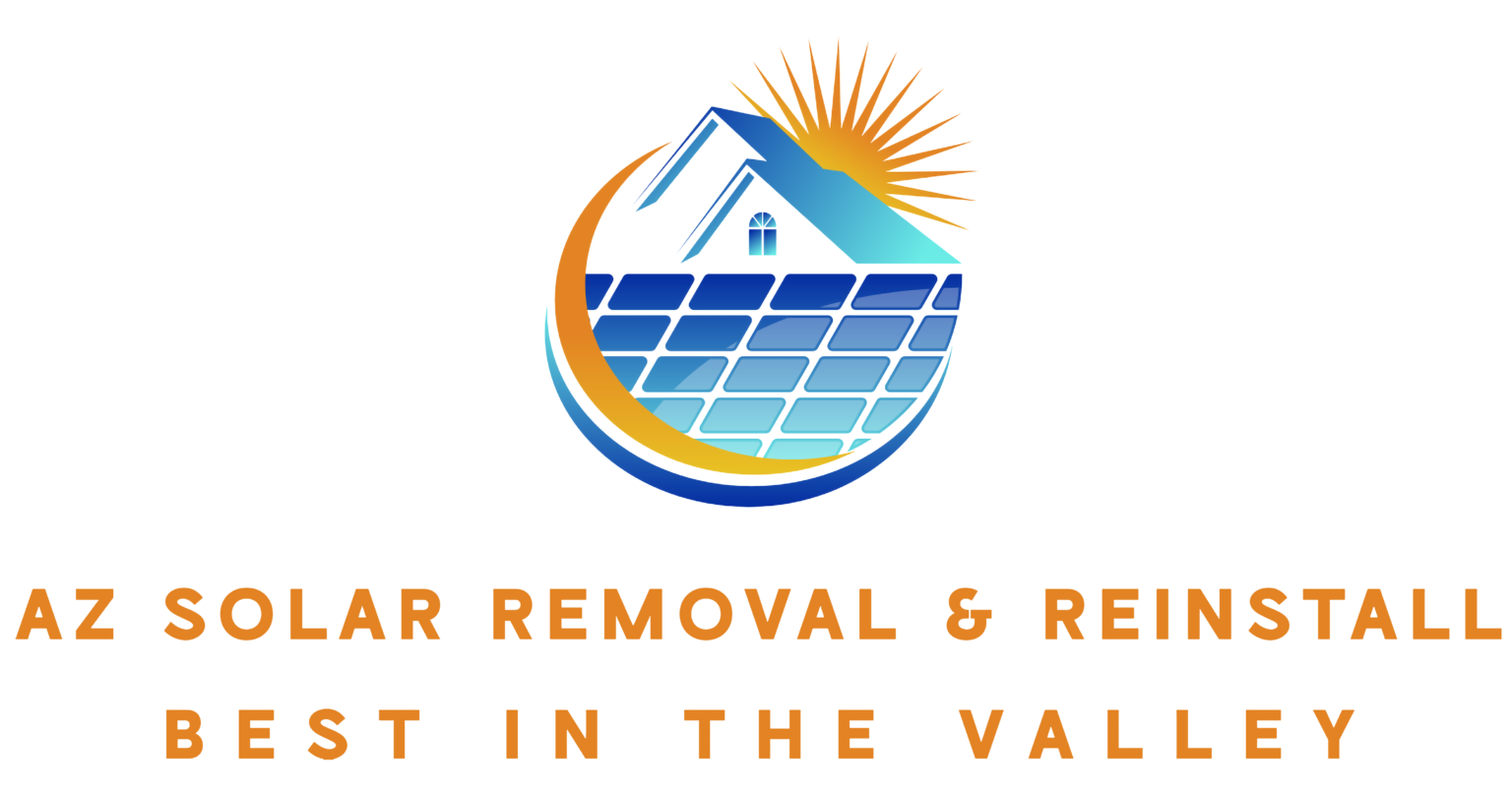Solar panels are an excellent investment for homeowners looking to harness renewable energy and reduce electricity costs. However, there may come a time when roof repairs or replacements are necessary, requiring the removal of solar panels.
This process can seem complex, but it can be done safely and efficiently with the right knowledge and preparation. In this article, we’ll walk you through everything you need to know about removing solar panels for roof repair or replacement, step by step.
We’ll also touch on related services like Solar Removal in Phoenix, AZ, Solar Panel Repair in Phoenix, AZ, Solar Panel Bird Proofing Protection in Phoenix, AZ, and Solar Panel Cleaning in Phoenix, AZ.
Contact For Us: +6026867412
What Are Solar Panels?
Solar panels, also known as photovoltaic (PV), convert sunlight into electricity. They’re made up of multiple solar cells, typically composed of silicon, which capture sunlight and generate electrical currents.
These panels are mounted on rooftops or other structures to maximize exposure to sunlight.

Why Would You Need to Remove Solar Panels?
There are several reasons why you might need to remove your solar panels:
- If your roof has leaks, damaged shingles, or structural issues, you may need to access the roof for repairs.
- Aging roofs often require complete replacement, necessitating the removal of solar panels.
- Older systems may need upgrades or replacements to improve efficiency.
- Moving to a new property might involve transferring the panels.
Understanding these scenarios is crucial before starting the removal process. For professional assistance, consider contacting experts offering Solar Removal in Phoenix, AZ.
Preparing for Solar Panel Removal
Step 1: Assess the Situation
Before diving into the removal process, take some time to evaluate the condition of your roof and solar system:
- Inspect for damage, wear, or structural concerns.
- Check if the panels are still under warranty, as improper removal could void it.
- Verify local building codes and regulations regarding solar panel removal and reinstallation.
If you’re unsure about the condition of your roof or solar panels, Solar Panel Repair in Phoenix, AZ, services can thoroughly inspect and recommend the best course of action.
Step 2: Gather Necessary Tools and Equipment
Having the right tools on hand is essential for a smooth removal process. Here’s what you’ll need:
- Screwdrivers and wrenches for loosening bolts and connectors.
- A multimeter to ensure panels are not generating electricity during removal.
- Safety gear such as gloves, helmets, harnesses, and non-slip shoes.
- Ladder and scaffolding for safe access to the roof.

Step 3: Shut Down the System
Safety is paramount when working with electrical systems. Follow these steps to ensure the system is powered down:
- Turn off the inverter to stop electricity conversion.
- Disconnect the system from the main power supply.
- Use a multimeter to confirm that no current is flowing through the panels.
Step 4: Notify Relevant Parties
Inform your solar provider, utility company, and relevant authorities about the planned removal. Some providers offer professional removal services, which can simplify the process.
Experts can handle this task if you’re in Phoenix, Solar Removal in Phoenix, AZ.
Removing Solar Panels: A Step-by-Step Guide
Step 1: Disconnect Electrical Connections
- Trace the wiring from the panels to the inverter and disconnect points.
- Carefully detach MC4 connectors or other types of panel connectors.
- Use tags or labels to mark wires for easy reconnection later.
Step 2: Detach Panels from Mounting System
- Use appropriate tools to unscrew bolts securing the panels to the mounting rails.
- Lift panels gently to avoid dropping or damaging them during removal.
- Store panels securely, preferably on padded surfaces, to prevent scratches or cracks.
If you encounter any issues during this process, such as damaged panels or wiring, Solar Panel Repair in Phoenix, AZ professionals can help resolve them.
Step 3: Dismantle the Mounting System
- Remove the mounting rails attached to the roof.
- Check the flashing (metal strips used to seal gaps) for damage or corrosion.
- Keep all mounting hardware organized for future use.
Step 4: Address Roof Issues
Once the panels and mounting system are removed, proceed with the necessary roof repairs or replacement. Ensure the roof is structurally sound and properly sealed before reinstalling the panels.
For bird-related issues that arise during this phase, consider Solar Panel Bird Proofing Protection in Phoenix, AZ, to safeguard your system against pests.

4 Steps to Reinstall Solar Panels After Roof Work
Step 1: Inspect the Roof
Before reinstalling the panels, ensure the roof is clean, dry, and debris-free. Verify that all repairs or replacements have been completed satisfactorily. If needed, schedule a Solar Panel Cleaning service in Phoenix, AZ, to ensure your panels are spotless and ready for reinstallation.
Step 2: Reattach the Mounting System
- Replace or reinstall flashing to prevent water leaks.
- Attach the mounting rails firmly to the roof using appropriate fasteners.
Step 3: Reinstall Solar Panels
- Align panels on the mounting rails according to the original layout.
- Secure panels to the rails without over-tightening, which could cause damage.
- Follow the labeled wires to restore electrical connections.
Step 4: Test the System
- Gradually restore power to the system by turning on the inverter.
- Use the monitoring system to verify that the panels are generating electricity efficiently.

Safety Considerations During Removal and Reinstallation
Personal Safety
- Always wear protective gear, including gloves, helmets, and non-slip shoes.
- Use harnesses and safety ropes when working at heights.
- Avoid working alone; have a partner or team present for assistance.
Electrical Safety
- Ensure the system is completely powered down before starting work.
- Double-check all connections to prevent accidental shocks or short circuits.
Environmental Safety
- Handle panels carefully to avoid breakage, which could release hazardous materials.
- Dispose of damaged panels responsibly, following local recycling guidelines.
For comprehensive safety measures and expert handling, trust professionals offering Solar Removal in Phoenix, AZ.
Expert Opinions and Technical Insights

Experts emphasize the importance of hiring professionals for solar panel removal and reinstallation. Certified technicians have the skills and experience to safely and efficiently handle complex systems. They also recommend regular maintenance to extend the lifespan of both the panels and the roof.
Modern solar panels are designed to withstand various weather conditions, but improper handling can lead to damage. The average lifespan of a solar panel is 25-30 years, making proper care essential for maximizing return on investment.
Common challenges include the weight of panels, complex wiring, and adverse weather conditions. To address these challenges, consider leveraging specialized services like Solar Panel Repair and Cleaning in Phoenix, AZ.
Our Services
| Solar Removal In Phoenix Az |
| Best solar panel cleaning Service In Phoenix AZ |
| Solar Panel Repair Service In Phoenix AZ |
| Bird Proofing Protection In Phoenix AZ |
Conclusion
Removing solar panels for roof repair or replacement requires careful planning, technical expertise, and strict safety adherence. Homeowners can ensure a smooth process by understanding the system, preparing properly, and following step-by-step procedures.
Whether handling it independently or hiring professionals, safety and precision are crucial to preserving the roof and solar system.
In Phoenix, Arizona, services like AZ Solar Removal & Reinstall, Solar Panel Repair in Phoenix, AZ, Solar Panel Bird Proofing Protection in Phoenix, AZ, and Solar Panel Cleaning in Phoenix, AZ are available to assist with maintenance, removal, and reinstallation.
By working with experts and following best practices, you can address roof issues without affecting your solar panel system’s functionality or longevity, ensuring it continues to provide renewable energy for years.





